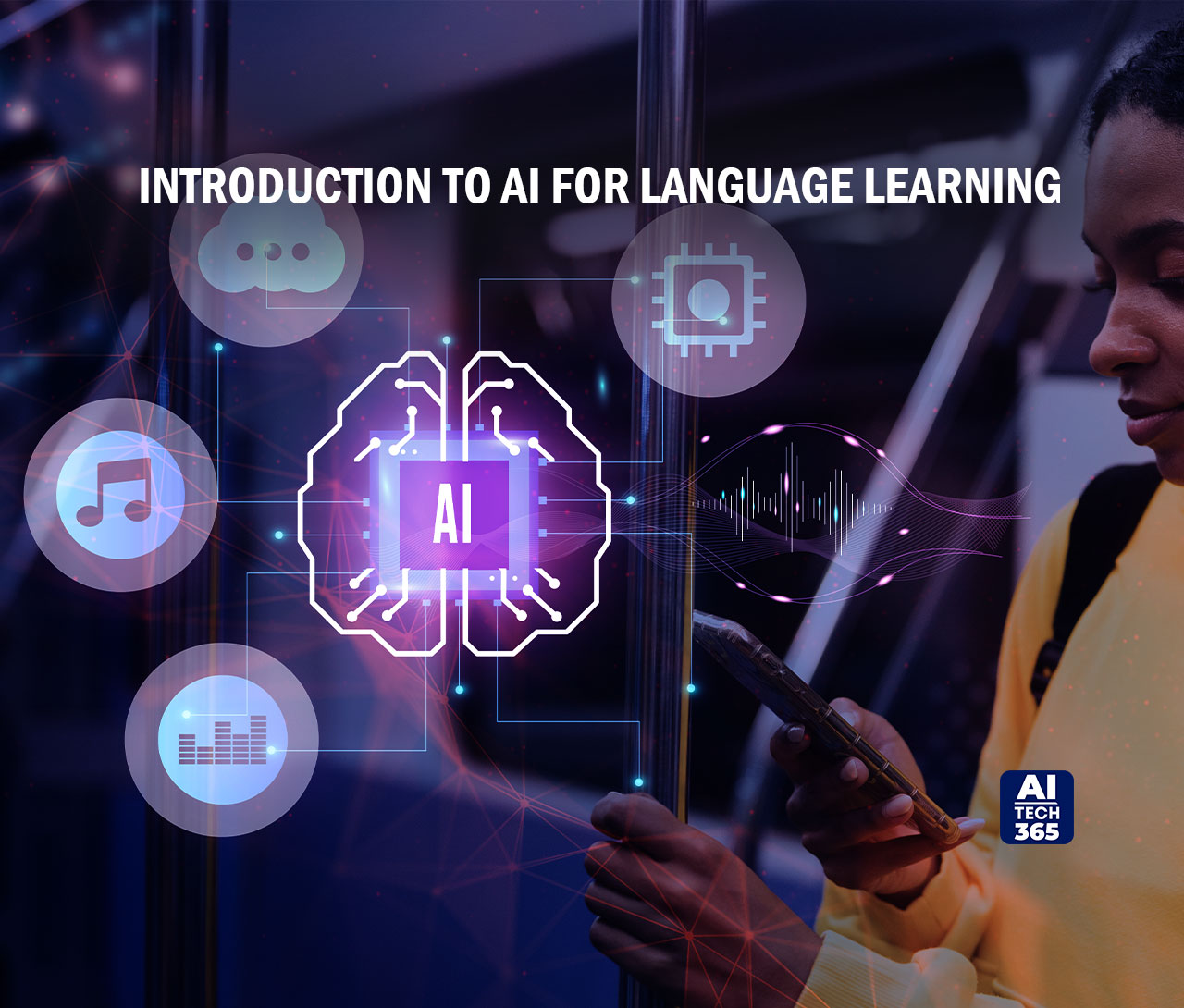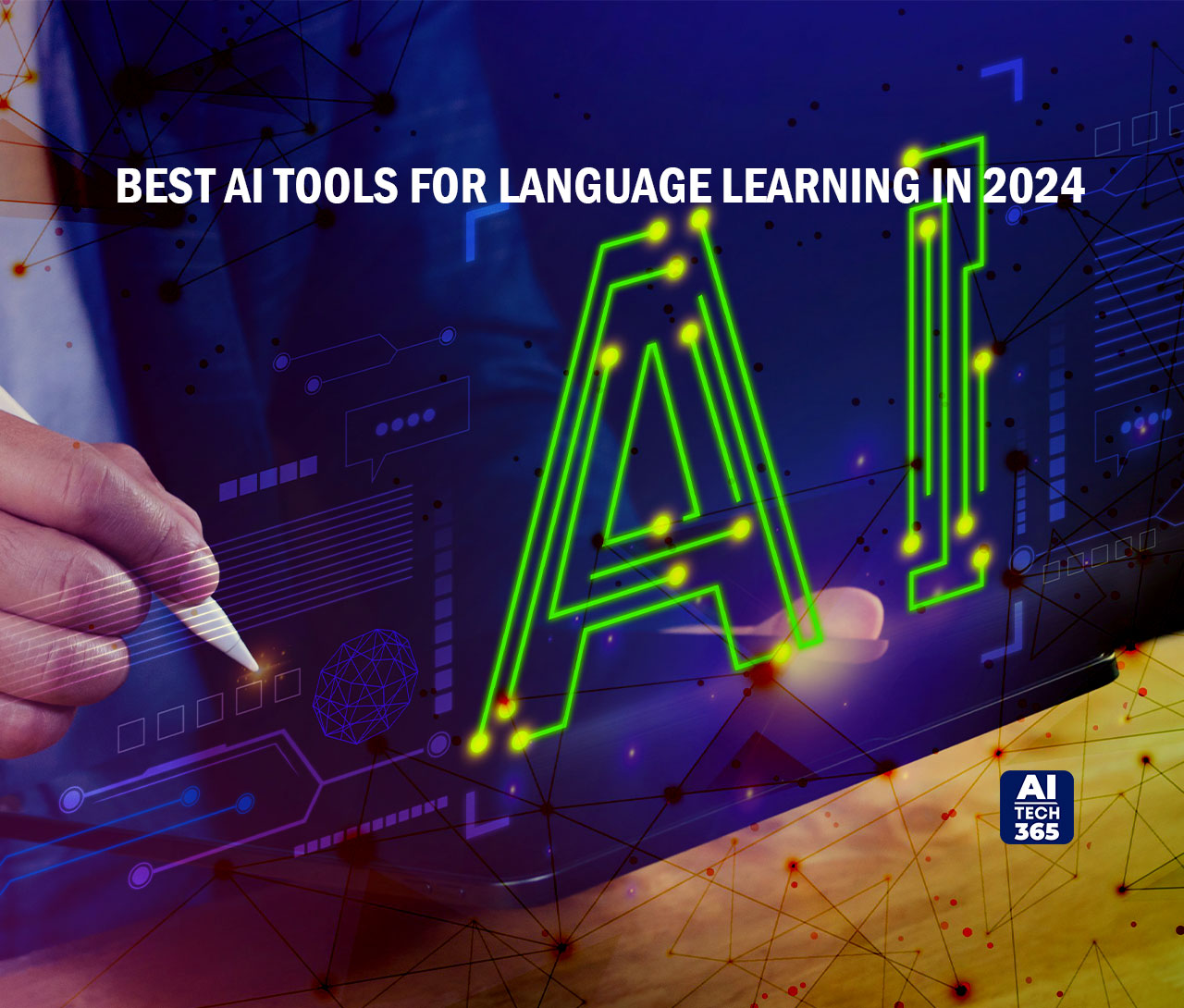AI for language learning seamlessly integrates with online education. Already prevalent in sectors like eCommerce, FinTech, and marketing, AI is now standard in education too.
Online education has undergone a mass revolution, with the rapid incorporation of AI into foreign language learning marking a significant paradigm shift. The fusion of AI-powered language learning and neural network capabilities heralds a new era in education for both students and educators. But how can you effectively leverage AI to enhance learning outcomes for your students? Let’s find out.
Introduction to AI for Language Learning
In an era characterized by rapid technological advancements, the integration of Artificial Intelligence (AI) into language learning processes represents a transformative paradigm shift. AI-driven language learning solutions leverage sophisticated algorithms and natural language processing techniques to personalize instruction, adapt to individual learning styles, and provide real-time feedback, thereby revolutionizing traditional language education models. By harnessing the power of AI, learners gain access to immersive and interactive experiences that enhance fluency, comprehension, and cultural understanding, ultimately paving the way for more efficient and effective language acquisition journeys.
Benefits of AI for Language Learning
The incorporation of AI tools in language learning applications brings numerous advantages and enhances the personalized and proactive nature of the learning journey. Some of them are:
- Providing instant feedback: One of the primary benefits of utilizing AI for language learning is its ability to swiftly identify and rectify errors in tests and exercises. Rather than having to wait for prolonged periods to receive feedback, learners are provided with instant responses that enable them to promptly address and correct any mistakes.
- Customizing the needs of learners: AI tools enable learners to customize their learning experience through data collection and predictive analytics software. Users have the freedom to select their preferred proficiency level and topics of interest, and language applications offer individually tailored curriculums that incorporate personalized games and quizzes.
- Gamification: Gamification is an essential aspect of e-learning that promotes motivation and competitiveness. The incorporation of gaming features like quizzes, marathons, and contests enhances learner engagement and enjoyment.
Best AI Tools for Language Learning in 2024
Generative AI has revolutionized our everyday experiences, particularly in the realm of language-learning apps. These applications, which were already equipped with a range of features, have now integrated generative AI into their systems to enhance the quality of language learning services.
Let’s explore how businesses leverage AI for language learning.
1. Duolingo
Duolingo is widely recognized as the most prevalent language-learning platform on a global scale. It offers a comprehensive range of features and utilizes artificial intelligence to enhance language proficiency. The platform assesses users’ language abilities and tailors exercises in vocabulary, grammar, spelling, pronunciation, and conversation simulation accordingly. Duolingo’s advanced AI chatbot allows users to engage in lifelike conversations. With Duolingo, individuals have the opportunity to practice and enhance their language skills in over 20 different languages.
2. Memrise
Memrise, a language education platform with a successful track record of more than a decade, has recently introduced an advanced AI feature called Membot. This conversational AI tool aims to enhance the language learning experience for users. Memrise offers a wide range of language courses, covering 23 different languages, and empowers learners to improve their conversational proficiency through interactive engagements with the AI chatbot.
3. Mondly
Mondly, an application leveraging AI for language learning, is available on both Android and iOS devices, as well as through its web app. With over 30 available languages, Mondly provides comprehensive courses that aim to facilitate effective language acquisition. Additionally, its AI chatbot offers a unique feature of engaging users in daily conversation topics, enabling them to enhance their language proficiency.
4. Babbel
Babbel is a renowned language learning application and e-learning platform originating from Germany. It provides comprehensive courses in 14 different languages. Currently, the platform boasts over 20 million active users, with its main emphasis placed on utilizing real-life scenarios and interactive review sessions to facilitate the language learning journey.
Like Duolingo, Babbel utilizes speech recognition for accurate pronunciation and personalized activities for user engagement. It includes online tests graded by AI and a Review Manager tool based on spaced repetition for effective learning.
5. Busuu
Busuu, the innovative language learning application originating from Spain, integrates advanced AI for language learning, enhancing the overall educational experience. It provides courses in 12 diverse languages to a global user base of over 100 million individuals. By combining artificial intelligence-based language learning techniques with personalized one-on-one tutoring, Busuu aims to offer its users a comprehensive language learning experience.
In 2016, Busuu collaborated with Google Assistant to provide Spanish lessons via voice recognition. Users activate it by saying “Talk to Busuu” to converse with the AI teacher. Additionally, Busuu launched a VR app for Spanish learning on Oculus Gear and Oculus Go, along with a comprehension test on Amazon’s Alexa platform. Just say, “Alexa, launch Busuu Quiz Bot,” for access to over 1,000 questions testing vocabulary and speaking skills.
To Conclude
The evolution of AI for language learning has ushered in a revolutionary era, transforming traditional education methods. With the increasing availability of AI-powered language learning solutions, including free options, the educational landscape is becoming more accessible and personalized. The synergy of Artificial Intelligence for language learning presents a promising future, providing learners with the best AI apps for language learning. As technology continues to advance, embracing AI for language learning becomes not just a choice but a key strategy for achieving efficient and effective language acquisition.


